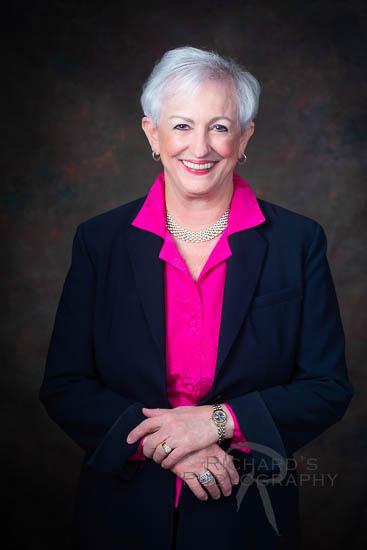
Photography Basics for Beginners
Photography is a way to preserve memory and tell stories.
Learn the Tools First
Every photographer must first learn their equipment.
Whether you shoot with a compact point-and-shoot, the core principles remain the same.
Spend time studying aperture, shutter speed, ISO. Confidence with controls reduces frustration.
Why Photos Depend on Light
Photography literally means “drawing with light.”
Cloudy daylight creates soft tones.
LED panels help indoors.
Softness or hardness all affect mood.
Composition Basics
The way you place subjects matters as much as the subject itself.
Symmetry and balance improve clarity.
Experiment with breaking rules. Fresh viewpoints give personality.
Building Skill Over Time
No one becomes skilled instantly.
Experiment in different lighting. Practice makes settings natural.
Awkward angles prepare you for improvement.
The Final Step
Straight-out-of-camera images are fine, but editing refines them.
Even free editors fix color.
Editing should enhance, not distort.
The Value of Showing Images
Feedback helps you grow.
Photo forums give exposure.
Creating a portfolio keeps motivation high.
What Makes You Unique
Over time, photographers develop style.
Try genres like portraits, landscapes, macro, or street. Each adds to your toolkit.
Your style may evolve, and that is natural.
Lessons for New Photographers
Ignoring light direction are common issues.
Buying too much gear instead of learning skills is avoidable.
Awareness makes lessons stick.
Helpful Advice
- Carry an extra memory card.
- Shoot in RAW format if possible.
- Smudges ruin sharpness.
- Auto is easy but manual builds skill.
- Learn by observing composition and light.
Common Questions
Q: Do I need an expensive camera?
A: No, skill matters more than gear.
Q: How long until I improve?
A: Consistency is more important than gear upgrades.
Q: Is editing cheating?
A: No, editing is part of modern photography.
Q: Should I always follow rules?
A: Learn them first, then break them creatively.
Conclusion
The process matters as much as results.
Experiment boldly. With click here creativity and consistency, your photos will improve.
Whether casual or serious, every click is a lesson..
The Role of Photographers in Society
Photographers record memories.
Artists with cameras look at the world differently.
Photographers specialize in unique areas, such as get more info sports. Each uses varied equipment.
True professionals study light carefully.
Understanding read more Camera Gear
Gear is not everything, but it matters.
Cameras
Mirrorless systems offer flexibility at various levels.
Mirrorless cameras are lighter, more modern, and great for travel.
Lenses
Different lenses tell different stories.
- Wide-angle lenses capture landscapes, architecture, and big scenes.
Experimenting with focal lengths teaches photographers versatility.
Tripods and Stability
Even simple tripods change results.
Lighting Equipment
Professional photographers often use lighting tools.
Helpful Tools
- Extra batteries make sure you’re always ready.
- Protective cases help photographers stay mobile and organized.
- Remote shutters let you try new perspectives.
How Much Gear Really Matters
In reality, skill makes the bigger difference.
A professional with basic equipment can outperform a beginner with expensive gear.
Steps Toward Mastery
Experimenting with different gear teaches flexibility.
Asking for critiques keep learning fresh.
Future of Photography
Technology is changing tools, but vision stays the same.
Computational photography offer new creative options.
Still, the essence remains: capturing light, telling stories, and expressing ideas.
Closing on Gear and Photographers
Photographers and their gear are inseparable.
The best advice remains simple: learn, practice, and keep shooting.